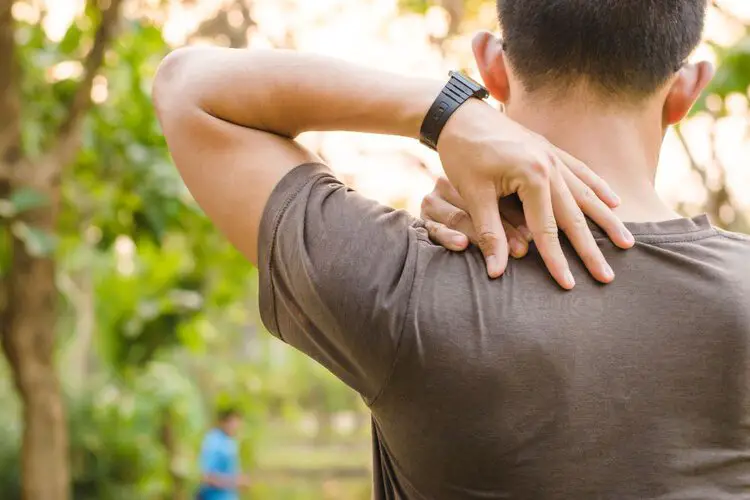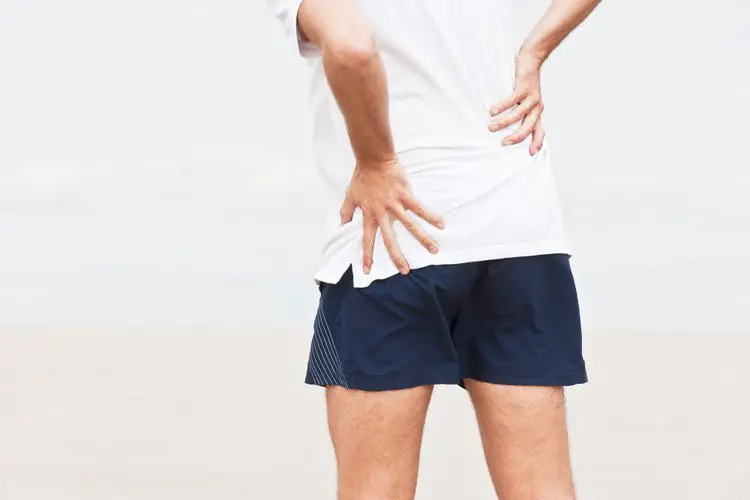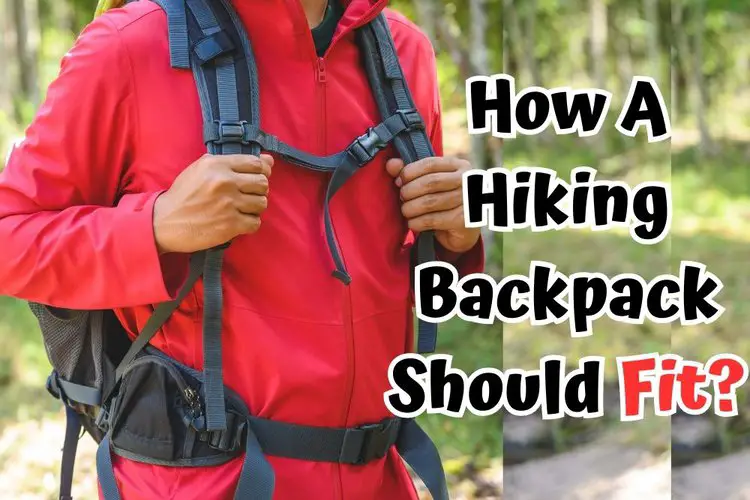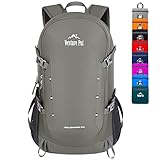Hiking is one of the most rewarding outdoor activities you can do. Not only do you get to experience breathtaking views, but you also get a great workout.
However, a poorly fitting hiking backpack can turn your hiking adventure into a nightmare.
In this article, we’ll explore what happens if your hiking backpack doesn’t fit and provide tips on how your hiking backpack should fit.
Key Takeaways:
- A well-fitted hiking backpack is crucial for a comfortable and enjoyable outdoor experience.
- To ensure a proper fit, measure your torso length, try on the backpack in person, and adjust the straps properly.
- Look for a backpack with a good suspension system that distributes the weight evenly and comfortably across your back.
- Choose a backpack with adjustable straps, including shoulder straps, load-lifter straps, and hip belts, to customize the fit to your body.
- Take the time to find the right backpack for you and enjoy your hike to the fullest by prioritizing a proper fit.
Contents
What Happens if Your Hiking Backpack Doesn’t Fit?
If your hiking backpack doesn’t fit properly, it can cause pain and discomfort on the trail.
A poorly fitting backpack can also throw off your balance, making it difficult to hike on uneven terrain. Here are some situation you may experience:
Shoulder Pain

If your backpack is too heavy or doesn’t fit properly, it can cause shoulder pain. The weight of the backpack will put pressure on your shoulders, causing them to ache.
Back Pain
A backpack that is too heavy or doesn’t fit properly can also cause back pain. The weight of the backpack will pull on your back muscles, causing them to ache.
Hip Pain

If your backpack doesn’t fit properly, it can put too much weight on your hips, causing them to ache.
Chafing
A poorly fitting backpack can also cause chafing. The straps and hip belt can rub against your skin, causing painful chafing.
Poor Balance

If your backpack is too heavy or doesn’t fit properly, it can throw off your balance.
This can make it difficult to hike on uneven terrain and increase your risk of falling.
How Should Your Hiking Backpack Fit?
To avoid pain and discomfort on the trail, it’s essential to ensure that your hiking backpack fits properly. Here are some tips on how your hiking backpack should fit:
Size:
The first step in finding a properly fitting hiking backpack is to determine your torso length.
To do this, measure from your C7 vertebra (the bump at the base of your neck) to the top of your hip bones. Use this measurement to find a backpack that fits your torso length.
Straps
The shoulder straps on your backpack should be snug but not too tight. They should be able to support the weight of the backpack without digging into your shoulders.
Hip Belt

The hip belt on your backpack should sit on your hips, not your waist. It should be snug but not too tight, and it should be able to support the weight of the backpack.
Load Lifter Straps
The load lifter straps on your backpack should be at a 45-degree angle from the shoulder straps. They should be snug but not too tight, and they should be able to help distribute the weight of the backpack.
Sternum Strap

The sternum strap on your backpack should be adjusted to sit comfortably across your chest. It should be snug but not too tight, and it should help distribute the weight of the backpack.
Compression Straps
The compression straps on your backpack should be used to compress the load and bring it closer to your body. This will help improve your balance and reduce the strain on your back and shoulders.
My story on the recent trip
A few years ago, I went on a backpacking trip with a group of friends.

I brought a backpack used for day hikes, but I had never used it for an overnight trip. I assumed that it would be fine, but then quickly realized that the backpack didn’t fit me properly.
The backpack was too long for my torso, which caused it to rub against the back of my neck. This caused discomfort and pain, which made it challenging to enjoy the trip.
The backpack was also too heavy, which made it difficult to carry for long periods.
As we hiked further into the wilderness, I felt it increasingly uncomfortable.
I tried adjusting the straps, but nothing seemed to help. By the end of the second day, I was in so much pain that I had to sit out the rest of the trip.
After that experience, I knew that I needed to invest in a backpack that fit me properly. I spent time researching different backpacks, measuring my torso length, and trying on different sizes.
I eventually found a backpack that fit me perfectly and made all the difference on my next trip. Thank god!
Here’s my option at that time:
- 【Upgraded Wet Pocket Design】Venture Pal backpack stands out with more humane design for easy and...
- 【Durable Material】This backpack is made of high quality tear and water resistant nylon...
- 【Compact & Comfortable】It weighs only 1 pounds, can easily fold into its own pocket for...
Last update on 2023-11-11 / Affiliate links / Images from Amazon Product Advertising API
Conclusion
In conclusion, a well-fitted hiking backpack is crucial for a comfortable and enjoyable outdoor experience.
Wearing an ill-fitting backpack can cause pain, discomfort, and potential injury, which can ruin your trip.
To ensure a proper fit, take the time to measure your torso length, try on the backpack in person, and adjust the straps properly.
Different types of backpacks are available, so choose the one that best fits your needs and hiking style.


